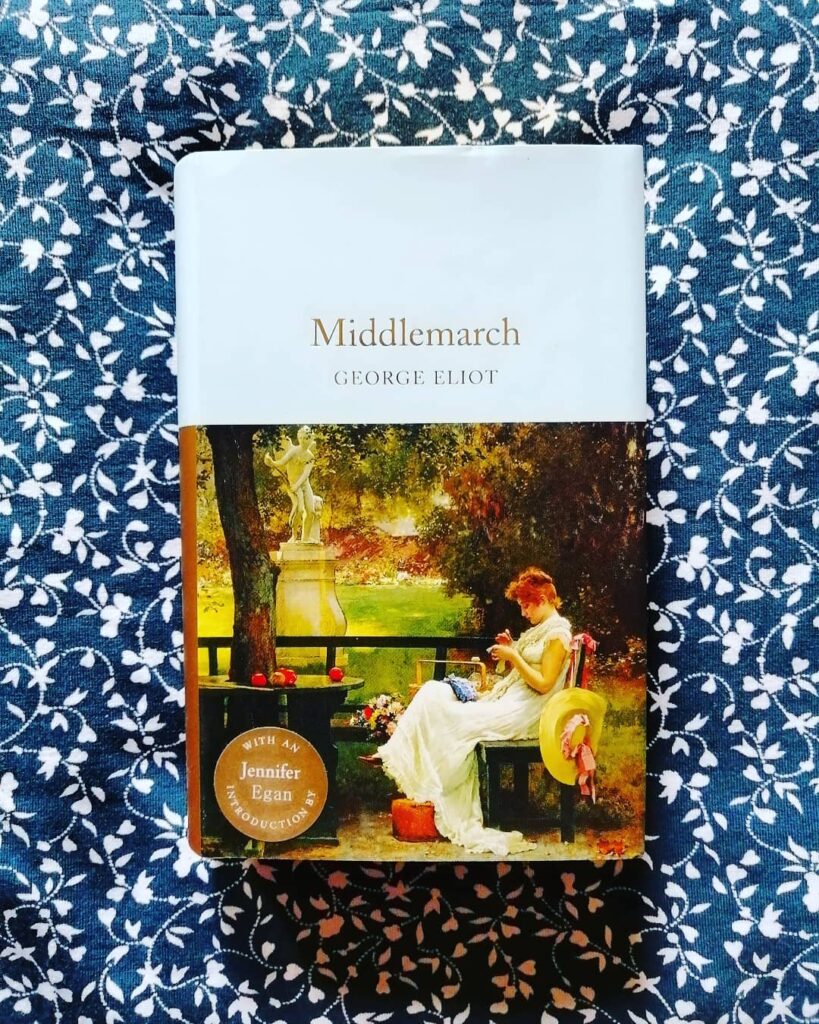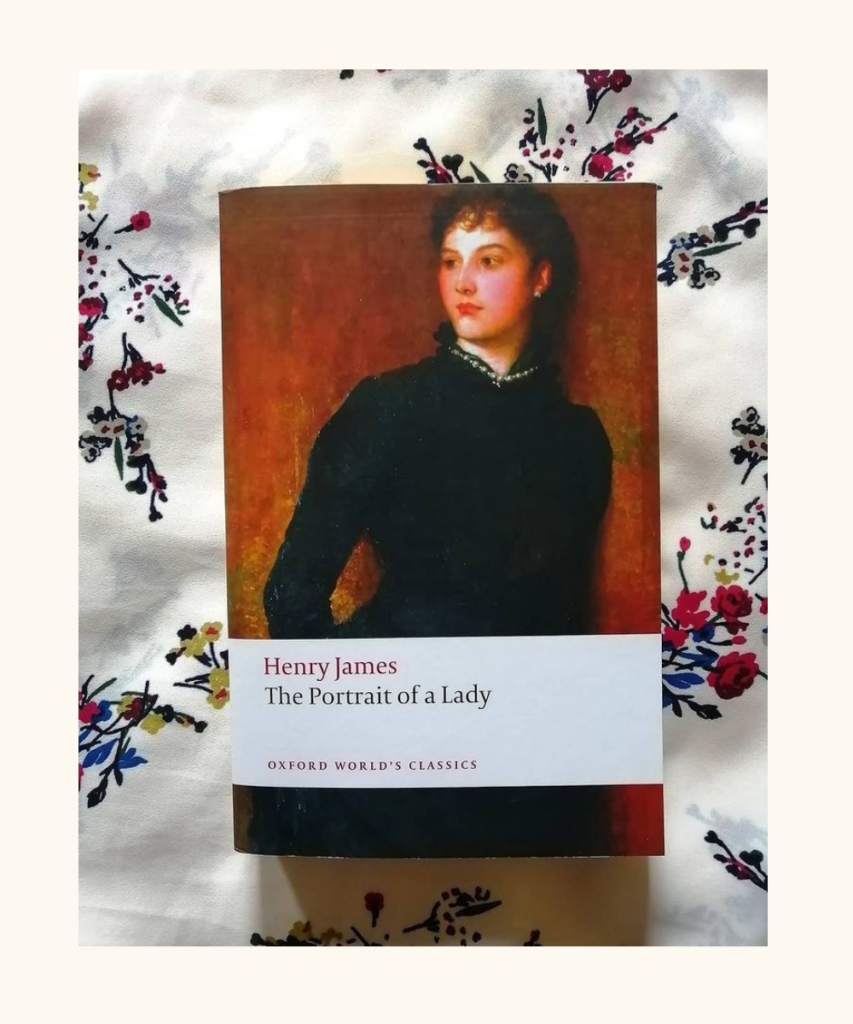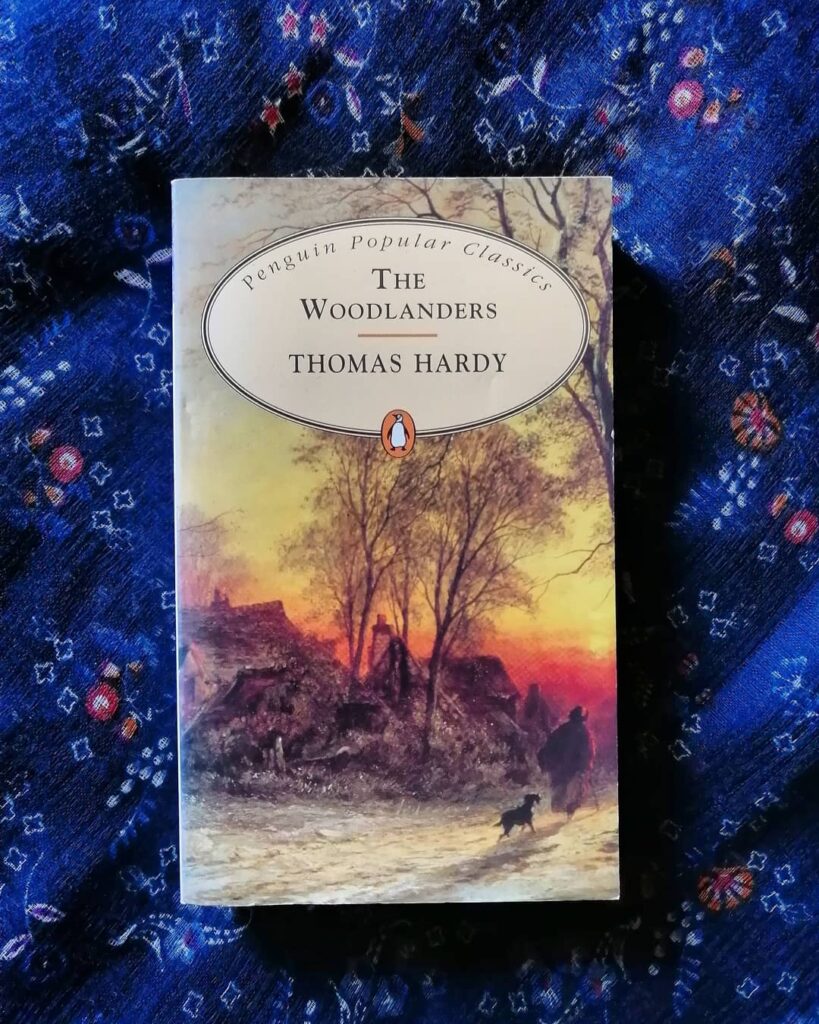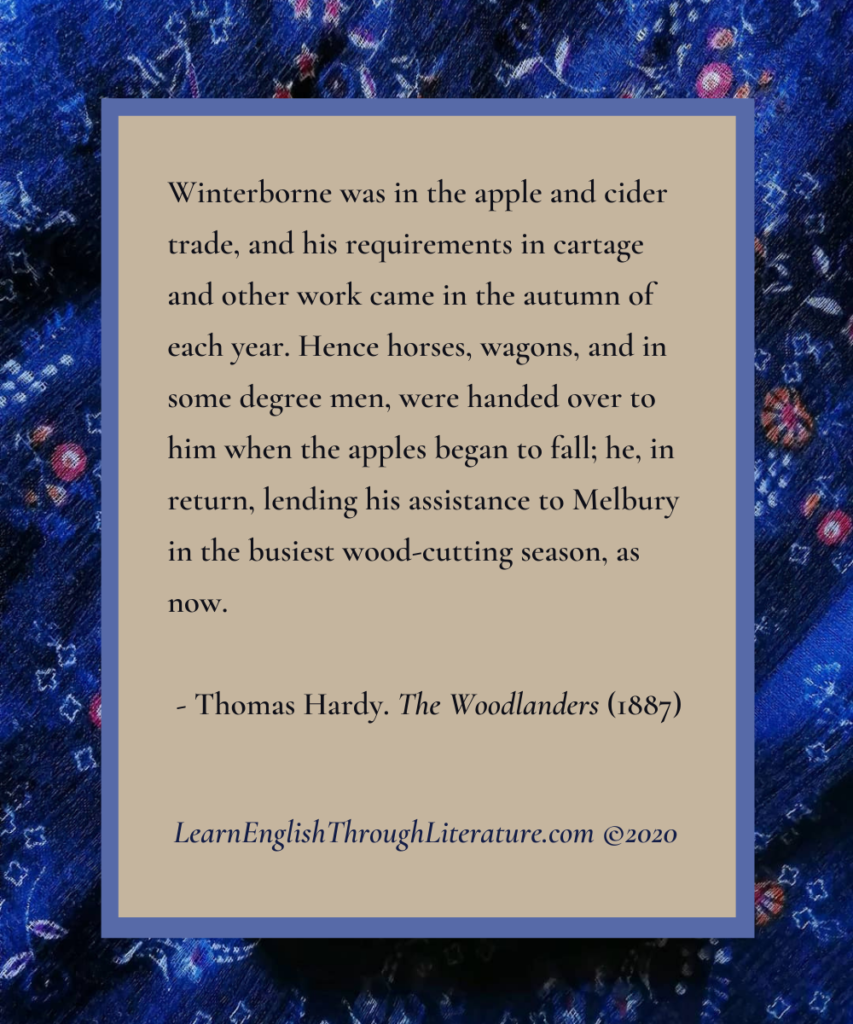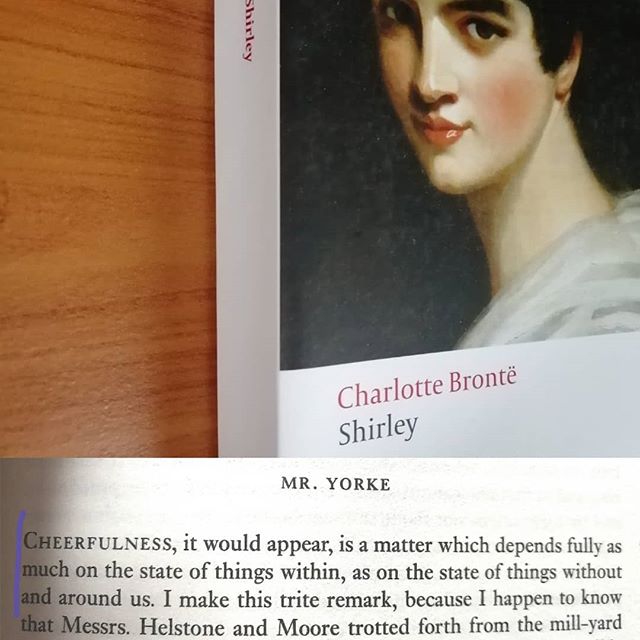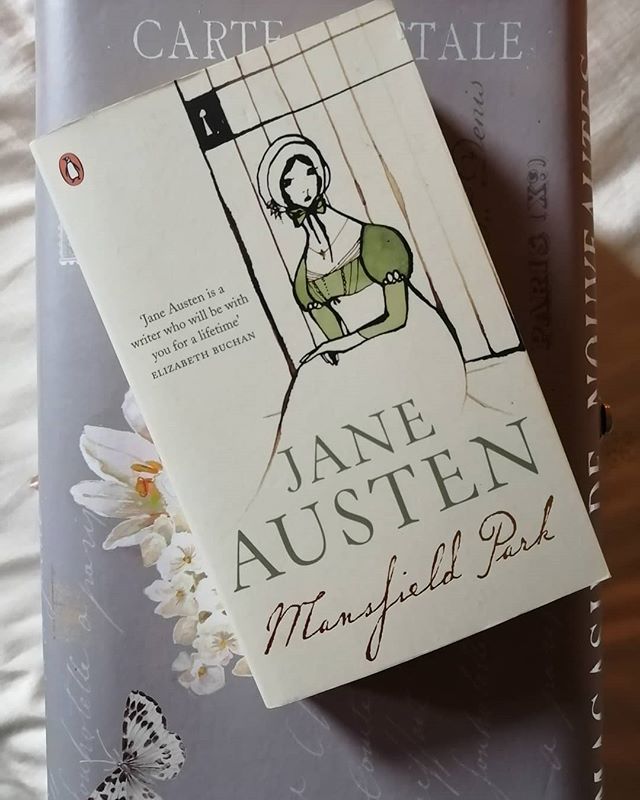Lesson #142: Improving Your English Expression By A Different Path
As I have mentioned in these short lessons before, I am convinced that one of the best ways to improve your standard of English is to memorise vocabulary in context. What better exercise then than to read some English poems, choose a few that you like, and learn them off by heart! I would like […]
Lesson #142: Improving Your English Expression By A Different Path Read More »


